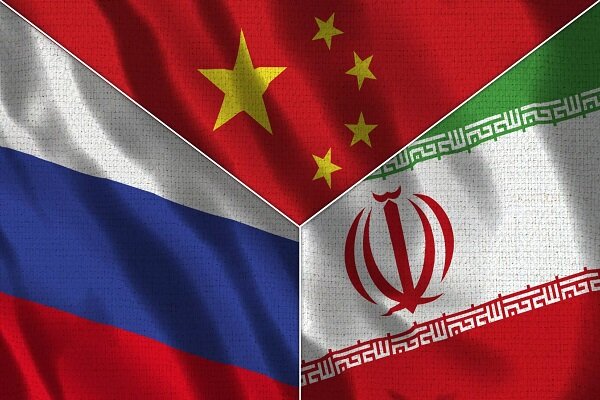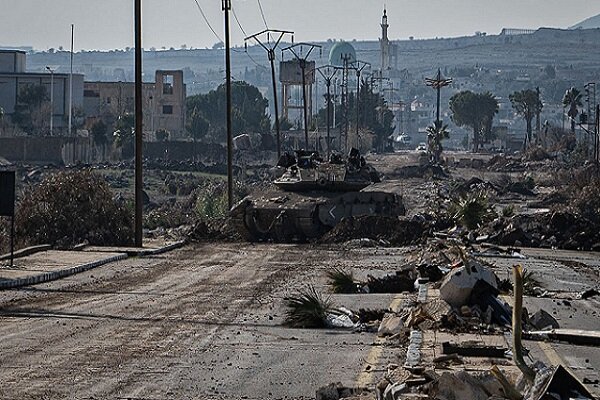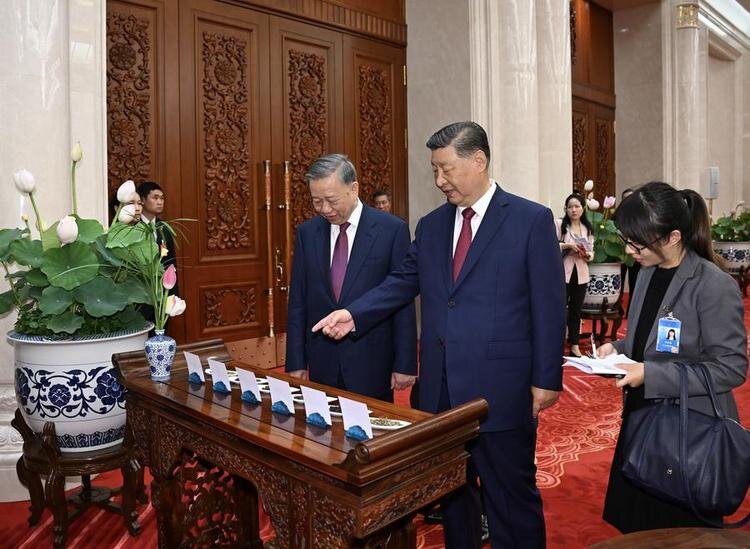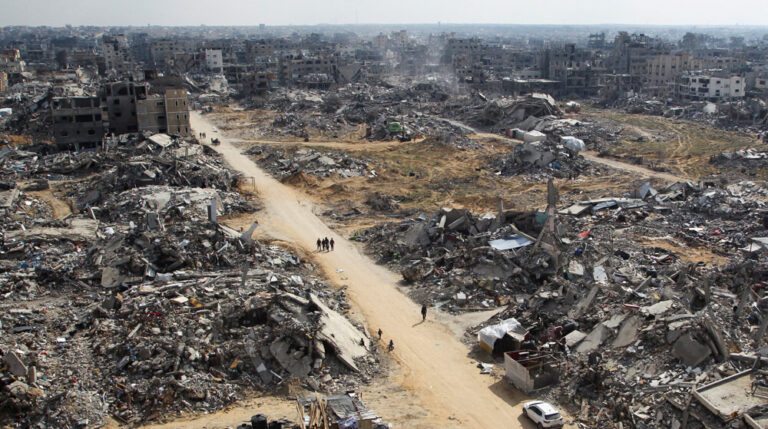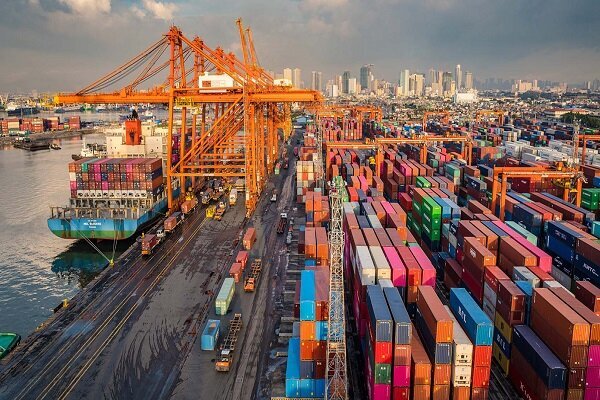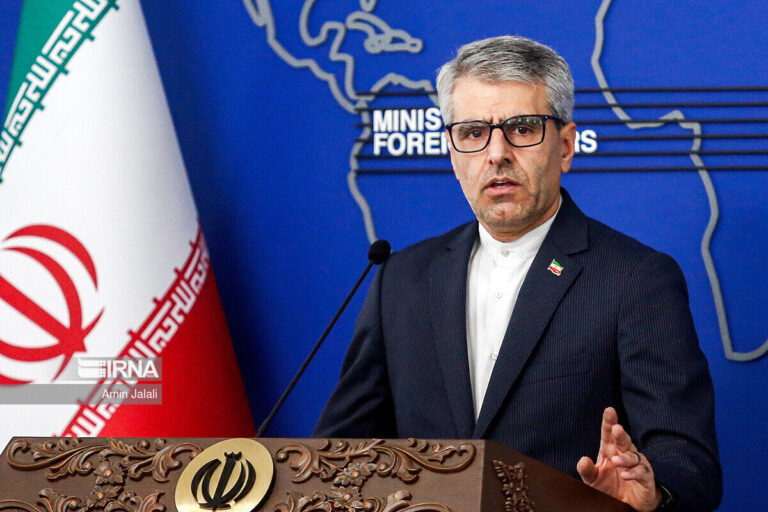Strategic Summit: Iran, Russia, and China Unite to Address Nuclear Challenges
In a significant development regarding the Joint Comprehensive Plan of Action (JCPOA), Iranian officials have announced upcoming meetings that could shape the future of nuclear negotiations. This highlights the ongoing complexities of international diplomacy surrounding Iran’s nuclear program.
During a weekly press conference on Monday, Iranian official Baghaei stated, “We will soon have a meeting at the level of deputy ministers with the new EU foreign policy officials.” He emphasized the urgency and importance of these discussions in light of recent diplomatic activities.
Baghaei also revealed, “Today and tomorrow, we have another tripartite meeting in Moscow, where China, Russia, and Iran will discuss various aspects related to the nuclear issue, the JCPOA, and Resolution 2231.” This meeting signifies a collaborative effort among these nations to address pressing concerns linked to the JCPOA.
Background on the JCPOA
The Joint Comprehensive Plan of Action (JCPOA) was originally signed in 2015 by Iran and the five permanent members of the UN Security Council—Russia, the UK, Germany, China, the US—along with France. This landmark agreement aimed to limit Iran’s nuclear capabilities in exchange for the lifting of economic sanctions.
- 2015: JCPOA signed, aiming for nuclear non-proliferation.
- 2018: Former US President Donald Trump withdrew from the agreement, reinstating sanctions.
- 2021: Negotiations resumed in Vienna to revive the deal and address US sanctions.
Since the talks began in April 2021, progress has been hindered by the United States’ rigid stance on sanctions. The negotiations, initially held in Vienna, are focused on determining whether the US will genuinely commit to rejoining the JCPOA by lifting the sanctions imposed during Trump’s administration.
Current Status of Negotiations
The negotiations have reached a stalemate largely due to the US’s reluctance to fully remove all sanctions. The Iranian government insists that any agreement must come with assurances that the US will honor its commitments. This has created tension and uncertainty in the diplomatic process.
Baghaei’s comments reflect a broader sentiment among Iranian officials regarding the need for reliable guarantees. He stated, “Iran maintains that it is necessary for the other side to offer some guarantees that it will remain committed to any agreement that is reached.” This insistence on guarantees is crucial for Iran as it navigates the complex landscape of international diplomacy.
Implications of the Moscow Meeting
The upcoming tripartite meeting in Moscow is expected to address critical aspects of the JCPOA and its related resolutions. The participation of China and Russia indicates a concerted effort by these nations to support Iran in its pursuit of a favorable outcome in the nuclear negotiations.
Key points anticipated to be discussed at the Moscow meeting include:
- Strategies to address the nuclear issue.
- Resolutions pertaining to the JCPOA and their implications.
- Coordination among China, Russia, and Iran to present a united front during negotiations.
As the discussions unfold, the focus will remain on finding a viable path toward reinstating the JCPOA and ensuring that all parties are committed to a diplomatic resolution. The international community is closely monitoring these developments, as the outcome could significantly impact regional and global security dynamics.
Conclusion
The future of the JCPOA remains uncertain, but ongoing discussions at various diplomatic levels highlight the complexities and challenges of nuclear negotiations involving Iran. As the situation evolves, it will be crucial for all involved parties to engage in constructive dialogue to reach a consensus that addresses the concerns of all nations involved.
In summary, the upcoming meetings in Moscow and the planned discussions with EU officials are pivotal moments in the ongoing efforts to revive the JCPOA. The global community watches closely as these negotiations continue to unfold, hoping for a resolution that promotes peace and stability in the region.
